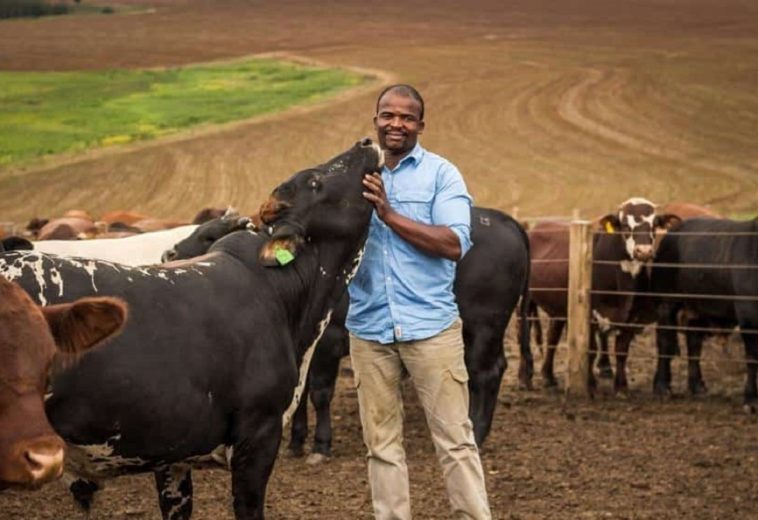Globalisation has significantly enhanced communication and understanding across the world, and its impact on Africa is profound. The continent boasts a rich diversity of languages and cultures, which creates a complex landscape for indigenous languages and their role in fostering intra-African communication.
The use of native languages is a powerful tool for bridging gaps and fostering connections across African borders. With over 2,000 languages, Africa’s linguistic diversity mirrors the continent’s intricate historical, cultural, and social dynamics. Each language encapsulates a unique cultural heritage, history, and worldview.
However, this linguistic diversity complicates intra-continental communication, often hindering interaction between neighbouring countries. In many African nations, colonial languages such as English, French, and Portuguese serve as official languages, but these are frequently not the everyday languages of the majority. As a result, indigenous African languages play a crucial role in facilitating communication at the grassroots level.
The African Union and other regional organisations have taken steps to integrate African languages as a means of promoting local participation. These languages are often more accessible and relatable to the average citizen than colonial tongues. For instance, the East African Community (EAC) has adopted Swahili as its lingua franca, facilitating communication among member states and fostering unity across nations such as Kenya, Tanzania, and Uganda.
African languages are more than just tools for communication; they are also carriers of cultural values and norms. Promoting their use helps preserve the cultural heritage of African societies and leverages language as a form of soft power. Supporting language education and cultural exchange programmes creates an environment where Africa’s diverse cultures can flourish and engage positively with each other.
The use of local languages can also enhance educational outcomes and contribute to improved literacy rates. Research shows that children who are educated in their mother tongue learn more quickly, perform better academically, and develop stronger cognitive skills. This, in turn, contributes to the creation of a skilled and educated workforce capable of engaging more effectively in regional economic activities.
Furthermore, the ability to operate in multiple African languages creates opportunities for cross-border trade and investment. Entrepreneurs and businesses that can communicate across linguistic barriers are better positioned to access diverse markets and forge strong relationships with local communities. This linguistic versatility is key to enhancing economic integration and cooperation across the continent.
Despite these advantages, the promotion of African languages faces significant challenges. The dominance of colonial languages in official and educational settings has marginalised indigenous languages, leading to their gradual decline. Additionally, the sheer number of languages and dialects within Africa has made it difficult to promote and standardise local languages across regional economic communities.
Nevertheless, globalisation and digitalisation have also provided opportunities to preserve and promote African languages. Language learning apps, online media, and social networks offer innovative platforms for this purpose. Initiatives like the African Language Academy are addressing these challenges by fostering linguistic diversity and encouraging regional collaboration.
Preserving African languages is not merely about maintaining communication tools but safeguarding the social identity and cultural fabric of the continent. Embracing and promoting indigenous languages can enhance intra-continental communication, strengthen regional integration, and protect Africa’s rich cultural heritage for future generations.




